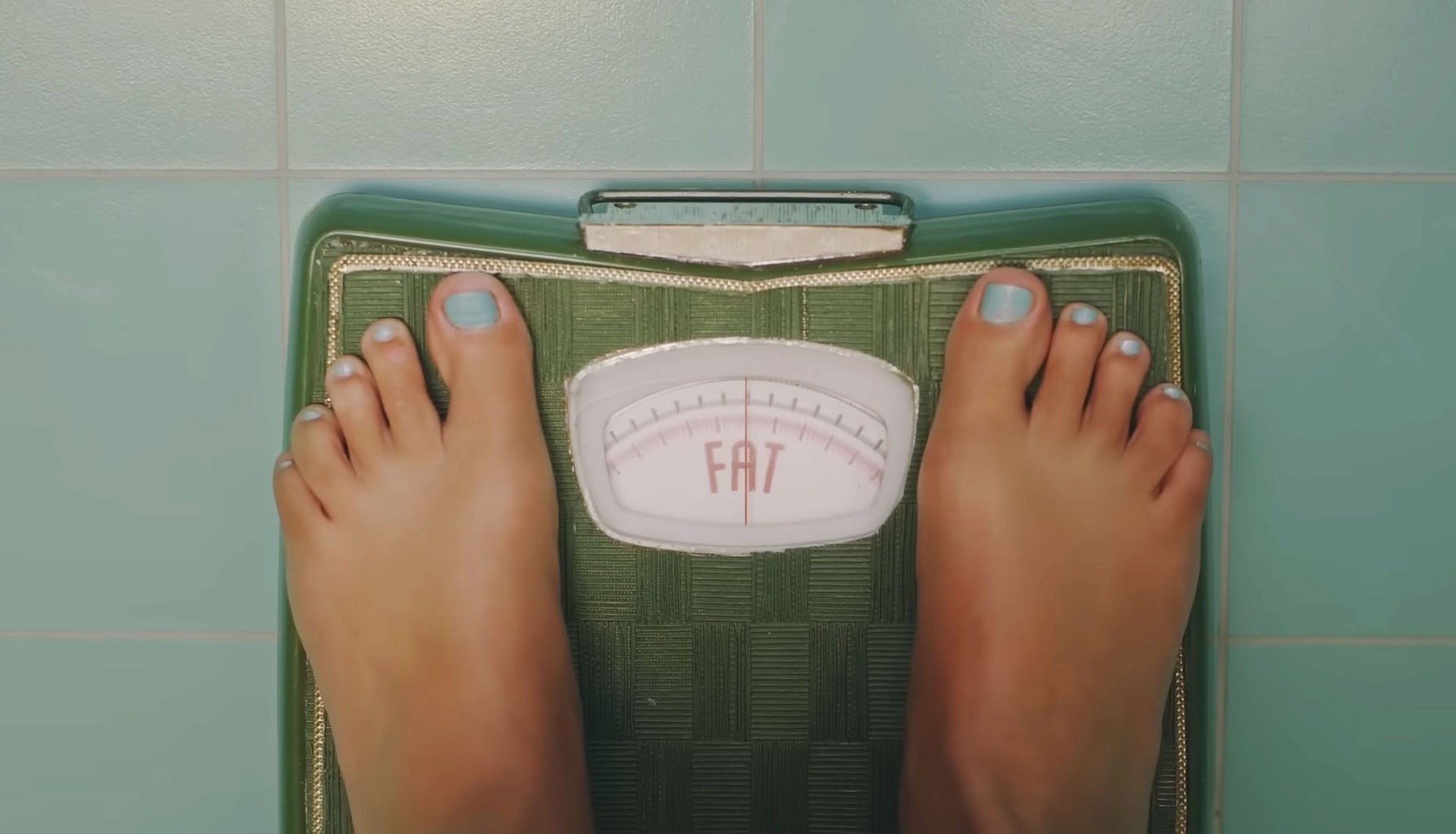The cast of the Real Housewives of Beverly Hills present a version of Los Angeles residents that is only partially accurate. I was recently rewatching the early seasons of Beverly Hills (the best Housewives, in my humble opinion) and was taken aback just how dramatically the terrain of the Housewife’s faces changed as seasons came and went. To non-LA natives, let me assure you not all Angelinos are married to C-list celebrities and live in tacky mansions, drinking green juice by crystal blue pools. However, the show does get one thing right: “getting work done” is a hypnotic path many residents fall into.
Maybe it’s all the earthquakes that tend to reshape Earth’s skin with a quick shimmy of tectonic plates. Los Angeles is built on waxy crust, destined to be syringed, stitched and sucked into perfection.
It’s not a secret that certain aspects of LA culture normalize changing everything about yourself. “Stars aren’t born, they are made.” This mentality was cultivated by an industry that regularly mandates its artists to make themselves into something easily marketable; often, a completely different version of themselves. And since we idolize these lab-constructed people and their beauty, this obsession trickles down to the general public too.
In the futile pursuit in preventing aging, we have normalized “preventative botox,” cleverly marketed as a “tweakment.” It sets out to fix the problem before it becomes permanent, “used for lines that have started to linger, but deep creases have not yet formed.” Then there’s been the obsession with “buccal fat removal,” which is all over my FYP. It aims to “accentuate the cheekbones by removing the fat that is in the buccal fat compartment.” Great, now I have another part of my face to obsess over. Celebrities like Chrissy Tiegan have even admitted to having the surgery done. The treatment is trending on social media, with users trying to determine which celebrities have undergone the procedure or not. And yet, Ellen Gendler, a NYC cosmetic doctor, fears for the trendiness of the procedure and such little information being distributed. She warns younger patients: “When you take out an underlying structure in a permanent procedure and you age around it, you don’t know how it’s going to look.” Meaning? A procedure to reverse premature aging could cause it.
To complicate the obsession, celebrities are criticized for doing exactly what the industry demands. Celebrities are constantly being hounded for answers about their changing faces, making the act of plastic surgery investigation just as prevalent as the act itself. A celebrity has two options — admit or deny, but be haunted by the acquisitions for your entire career. In her solo Vogue cover, supermodel Bella Hadid admitted to having a nose job, but the public isn’t satisfied. The comments of her Instagram are filled with amateur investigators who are convinced they know exactly what professional work Hadid has done since becoming a model.
Social media undeniably makes this problem worse, especially for young women. The American Society of Plastic Surgeons reported cosmetic surgeries have increased by 115 percent since 2000. It’s now not a question of “if” you’d get work done, but “when.” And why wouldn’t we? Social media bombards us incessantly with pictures of filtered beautiful people, with no warning of what is fake and what is real. One can’t even drive down Sunset Boulevard without seeing the blown up faces of these same beautiful people, their complexions smoothed out, teeth whitened and wrinkles dissolved. Modern Hollywood beauty is manicured, waxed, balayag-ed, frozen, melted and zapped.
Back to the Housewives — I don’t need to argue over half-sized salads to fall victim to the “getting work done” craze. It’s just as omnipresent in LA as stalled traffic on the 405 and overpriced lattes. On my first day of (in-person) college, I sat next to a woman and asked her where she was from. “Iowa,” she said, with an annoyed look on her face. I asked her if she liked Southern California, remarking on how it must be a lot different than the Midwest, mostly referencing the winter weather. She laughed and said, “Let’s just say I’m a Midwest 9 and a Los Angeles 5.”




